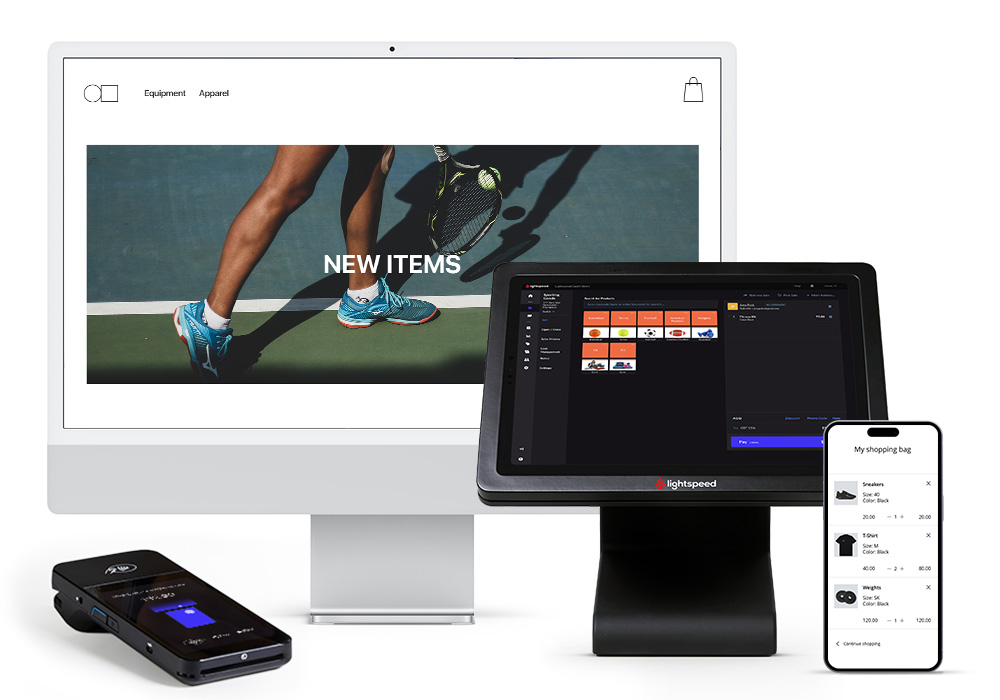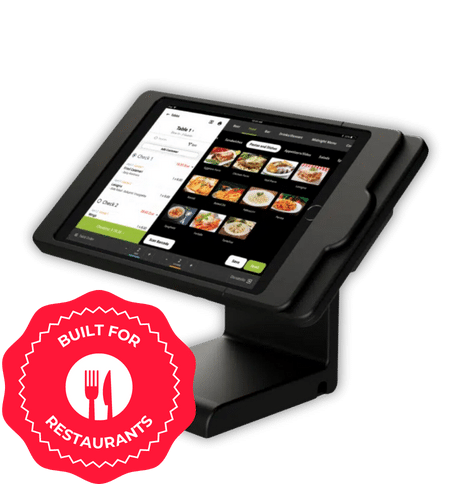The Role of POS Software Program in Streamlining Sales and Stock Monitoring
POS software has come to be necessary for organizations aiming to enhance sales and inventory administration. By automating purchase procedures, it decreases checkout times and enhances precision in stock levels. Furthermore, the software application gives insights into sales fads, allowing organizations to enhance their operations. However, there are extra variables that influence the efficiency of POS systems. Recognizing these aspects can cause also greater efficiency and customer complete satisfaction.
Recognizing POS Software Program: Secret Features and Advantages
Point of sale (POS) software functions as an essential tool for businesses, simplifying sales and supply monitoring procedures. This software encompasses necessary functions that improve operational efficiency. One prominent attribute is real-time stock monitoring, which enables organizations to check supply degrees and decrease the risk of overstocking or stockouts. On top of that, POS systems commonly integrate sales analytics, offering understandings right into customer choices and sales trends.Another key advantage is the automation of purchase handling, which decreases human mistake and accelerate the check out experience. POS software program likewise supports different repayment approaches, fitting the diverse choices of consumers. Straightforward interfaces make it accessible for personnel, decreasing training time. Generally, the durable capability of POS software not just simplifies daily operations but additionally facilitates enlightened decision-making, eventually adding to boosted service efficiency and customer complete satisfaction.
Enhancing Sales Procedures With POS Solutions
Utilizing POS services can considerably improve sales processes by enhancing operations and improving client communications. These systems automate numerous jobs, such as deal handling and sales coverage, which minimizes human error and conserves time. By allowing much faster checkouts, POS solutions improve the overall client experience, leading to boosted complete satisfaction and repeat business.Moreover, these systems provide important understandings into consumer choices and acquiring patterns. This information can help businesses tailor their advertising strategies, optimize product placements, and recognize very popular items. Additionally, POS options typically integrate with various other service devices, promoting seamless communication across departments.Training staff on POS systems is commonly simple, enabling for fast fostering and minimizing disruptions. As an outcome, sales teams can focus a lot more on engaging with customers instead than handling troublesome manual procedures. In general, the execution of POS services causes a more effective sales environment, fostering growth and improving earnings.
Real-Time Supply Management and Monitoring
Reliable inventory monitoring is necessary for companies aiming to maintain ideal stock levels and fulfill customer demand. Real-time supply management and tracking systems, integrated within POS software, promote instant updates on supply degrees, allowing companies to respond promptly to changes in need. This capability allows merchants to stay clear of stockouts and overstock circumstances, maximizing storage costs and boosting consumer contentment.
Examining Sales Data for Enlightened Decision Making
Real-time inventory administration not just assists services maintain ideal stock levels yet additionally functions as a foundation for assessing sales data. By leveraging point-of-sale (POS) systems, companies can collect considerable understandings right into sales patterns, customer choices, and product performance. Restaurant POS Software. This directory data analysis allows businesses to recognize peak sales durations, track slow-moving things, and make informed changes to stock strategies.Furthermore, recognizing sales patterns can facilitate efficient rates strategies and promotional campaigns. Evaluating information gradually enables organizations to forecast future need much more properly, making sure that supply aligns with anticipated patterns. Additionally, understandings obtained can inform choices concerning product variety, assisting services to prioritize high-demand things while phasing out underperforming items. Eventually, notified decision-making based upon sales data evaluation not just boosts operational efficiency however additionally adds to boosted earnings and competitive positioning out there
Improving Consumer Experience Through POS Integration
As businesses look for to boost customer satisfaction, integrating a robust point-of-sale (POS) system can play a crucial role in improving the buying experience. Effective POS integration enables faster purchase handling, reducing delay times and improving overall effectiveness. Clients value quick checkouts, which foster you could try here a favorable assumption of the business.Moreover, modern POS systems typically consist of attributes such as customer partnership monitoring (CRM) tools, making it possible for companies to gather important data on purchasing behaviors. This info can be made use of to individualize advertising efforts and offer tailored referrals, further enhancing customer engagement.Additionally, providing multiple repayment choices through POS systems deals with diverse client choices, adding to a smooth shopping experience. By making certain that stock levels are properly tracked and updated in real-time, businesses can decrease stockouts, ensuring that customers discover the items they seek. In general, POS assimilation considerably boosts client experiences, fostering commitment and repeat company.

Frequently Asked Concerns

Just How Much Does POS Software Application Generally Price for Small Companies?
The cost of POS software for small companies typically varies from $50 to $300 each month, relying on attributes and scalability. Additionally, initial configuration charges and equipment prices might contribute to the overall financial investment.
Can POS Software Program Integrate With Existing Accountancy Solutions?
Several organizations make inquiries whether POS software application can flawlessly incorporate with their existing accounting systems. Generally, contemporary POS solutions supply compatibility with various accounting platforms, improving effectiveness and promoting exact monetary administration throughout business procedures.
What Hardware Is Required for POS Software Application Execution?
The required equipment for POS software implementation usually includes a computer or tablet, barcode scanner, invoice printer, cash drawer, and repayment terminal. Restaurant POS Software. These components collaborate to promote discover this efficient sales processing and inventory management
Is POS Software Program Suitable for Online Sales too?

Exactly How Frequently Does POS Software Application Requirement Updates or Upkeep?
The frequency of updates and upkeep for POS software mainly relies on the service provider and specific system requirements. Usually, routine updates take place quarterly, while upkeep might be needed extra often to guarantee peak performance and security. POS software has ended up being essential for services aiming to improve sales and stock management. Point of sale (POS) software application offers as an essential tool for services, simplifying sales and inventory management procedures. In addition, POS solutions often integrate with various other organization devices, promoting smooth interaction throughout departments.Training personnel on POS systems is commonly straightforward, permitting for quick fostering and decreasing disturbances. As services look for to boost consumer satisfaction, integrating a durable point-of-sale (POS) system can play a pivotal function in improving the buying experience. Clients appreciate speedy checkouts, which promote a positive understanding of the business.Moreover, modern POS systems frequently include functions such as consumer connection management (CRM) devices, allowing businesses to collect beneficial data on buying behaviors.